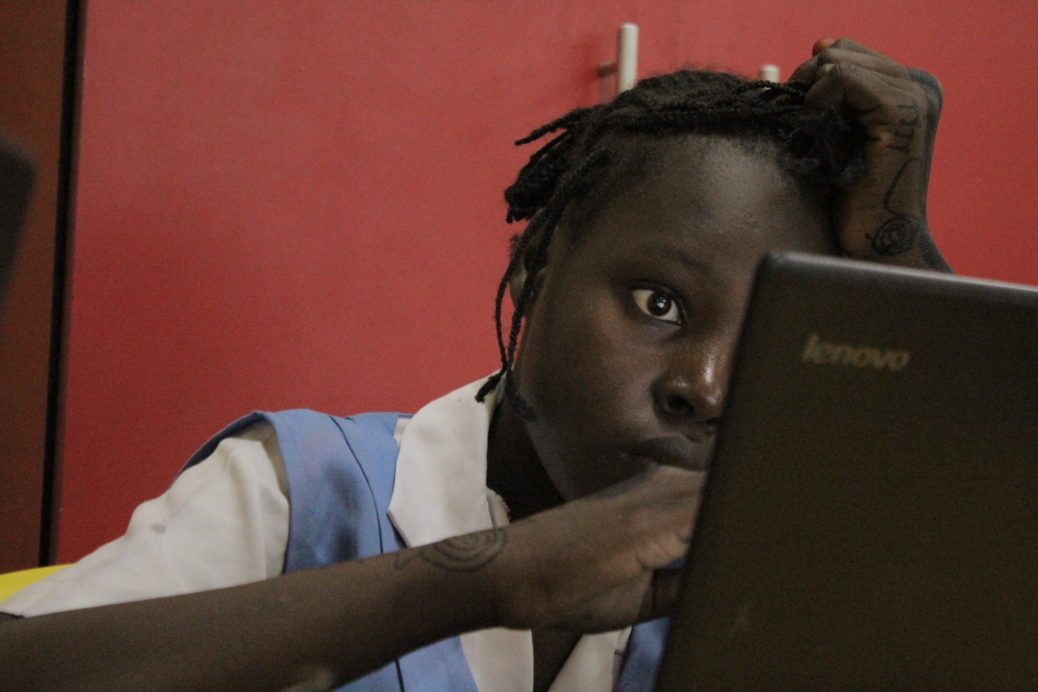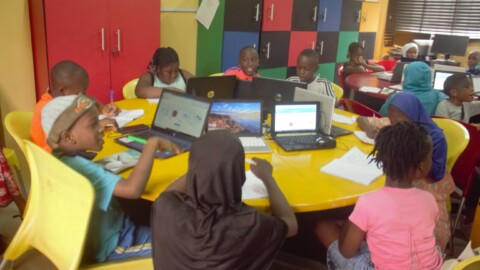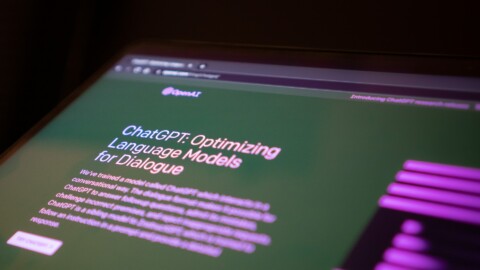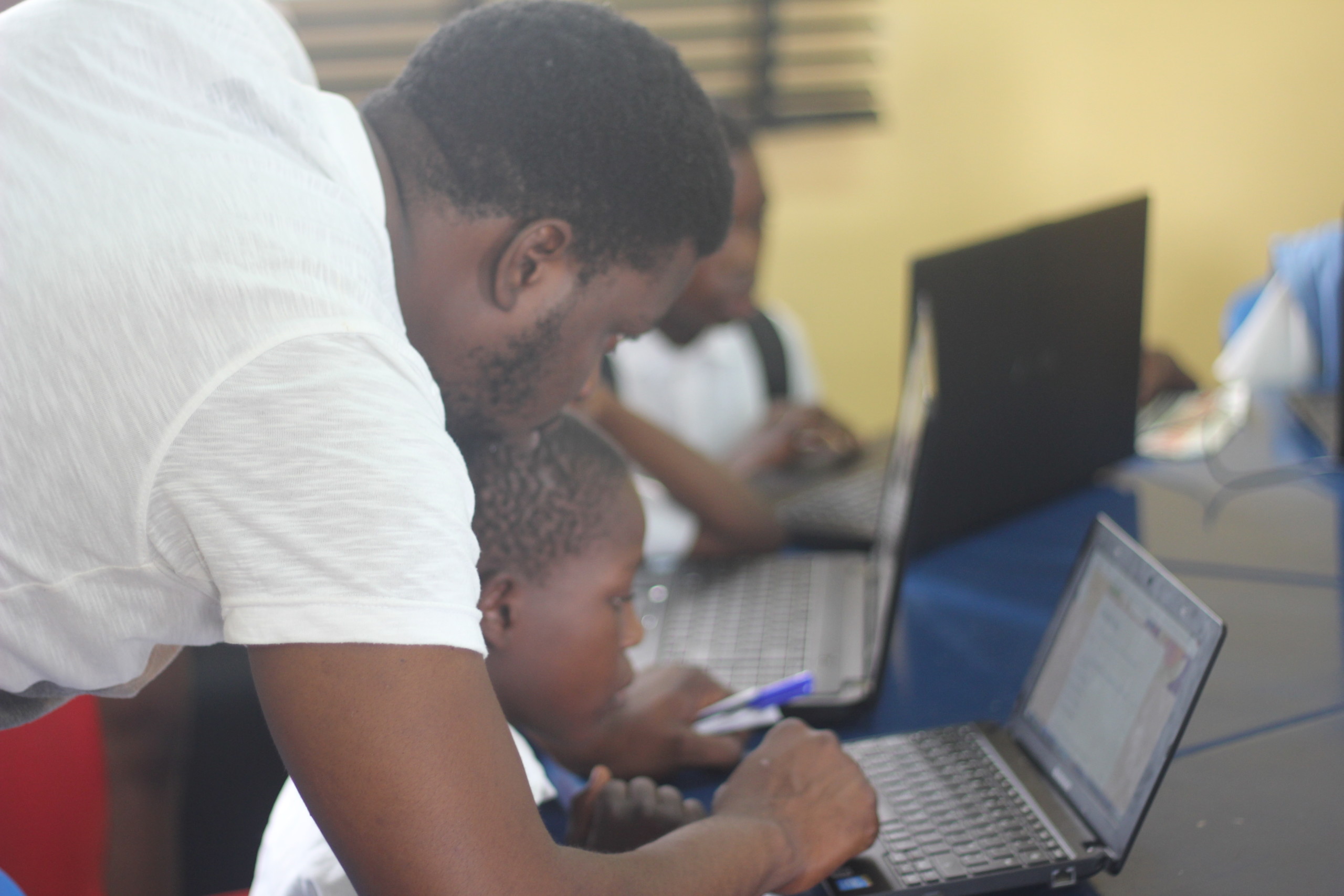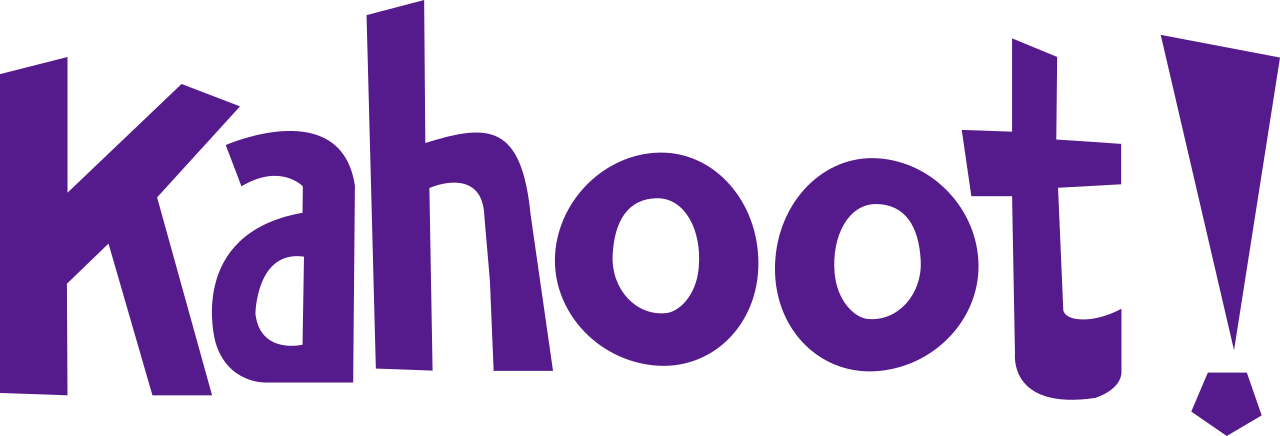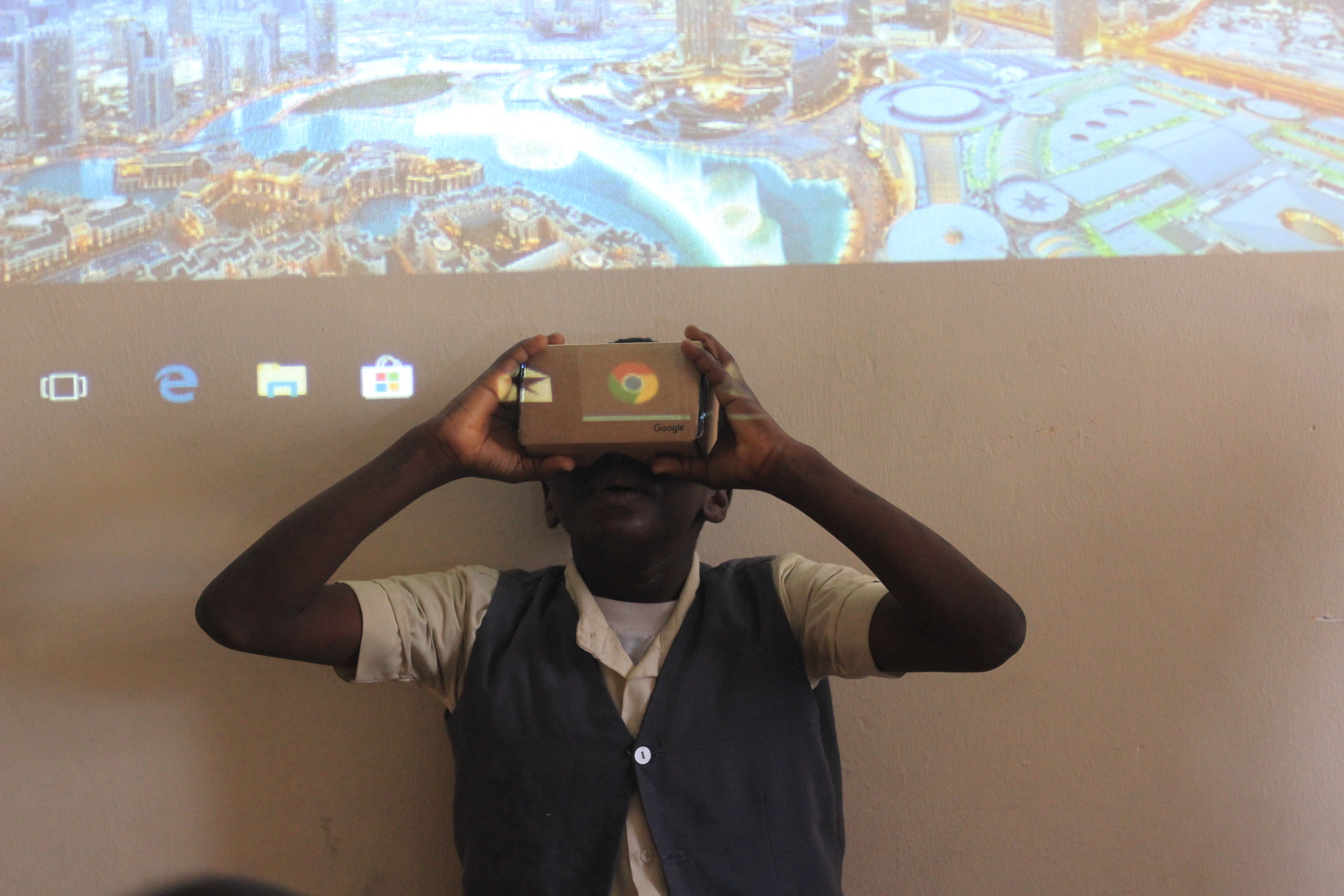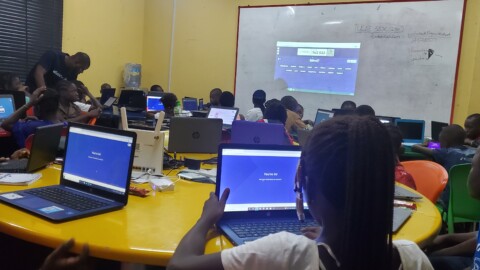Nigeria is largely cultural and currently experiencing slow but steady growth in the Digital Culture. This is inevitable since much of the world has gone digital with continuous rapid technological advancements and innovations in ICT. With the internet, you can buy groceries, request a cab, watch a movie, learn Swahili, get a degree, start a revolution, donate to charities, launch a music career, launch a writing career, regardless of where you are.
Businesses and Government bodies in the country are in on the digital trend, using the internet for research, communication, collaboration, data gathering, analysis, storage and management, marketing, payment receipt etc. Attempts to go fully digital however, appears to be an endless challenge. End users (and some times representatives of certain organizations) resist the use of the technologies put in place. Forms are filled online and then people are required to fill them again on paper. End users in most cases prefer physical submission of queries, documents, payments, etc., either due to lack of know-how or a complete lack of trust in the digital processes.
The gap
JAMB, an official body for entrance examinations into Tertiary Institutions, administers Computer-Based Tests (CBTs).
Students who use computers and the internet often belong to the upper and middle class. They have computer labs in their (private) schools and/or access to the internet and computing devices at home; be it their personal devices or that of relatives, neighbours or friends. In the public schools however, there are no computers and the students have limited or no access to computers and the internet. This means that, in addition to being unprepared for workplaces of the future, they are also not equipped to take qualifying exams for Universities and Tertiary Institutions.
Since our classes started, at least 16 out of 20 students from each training have never used a computer. Few of them have been introduced to computers through charitable organizations while some have been exposed to fraudulent and negative use of the computer. For instance, a student once said he uses computers at work where they “download movies to CDs and sell”. We also got reports of students going to cyber cafes toplace bets on games.
This gap threatens the future of the Digital Culture in Nigeria. While CBTs, Cashless policies, Internet Banking, E-Payments for utility bills, E-commerce and so on are constantly being introduced in Nigeria, their successes will continue to be stalled because a good number of the populace is not digitally literate. They do not have access to the internet and computers and don’t know how to use them.
Bridging the gap with Education
Digital Education in public schools is key to providing equal opportunities for all students, keeping in mind that these students don’t have access to computers and the internet outside of school. The students need to be aware of their digital footprint, learning to be responsible digital citizens. They can learn how to put computers and internet to positive use, doing creative work, researching on topics they are taught in the classroom, communicating and collaborating with their peers.
Educate Nigeria Training Clubs
We run digital literacy programs for students in Primary and Secondary Schools in their designated training clubs. Over 200 students in Public Schools in Lagos have been beneficiaries of this program. Here, we introduce them to the use of computers and the internet using our digital literacy courses. We make use of educational devices to give them activities that require them to find relevant information online.
They learn to type, connect to the internet, use Google for research, find solutions to problems either from their classroom lessons or general questions they need answers to. They paint, take virtual tours on VRs, watch Youtube videos, they also play games that enhance learning, keeping our classes fun and engaging, and they learn the importance of being responsible online.
Find out more about the Educate Nigeria training clubs

